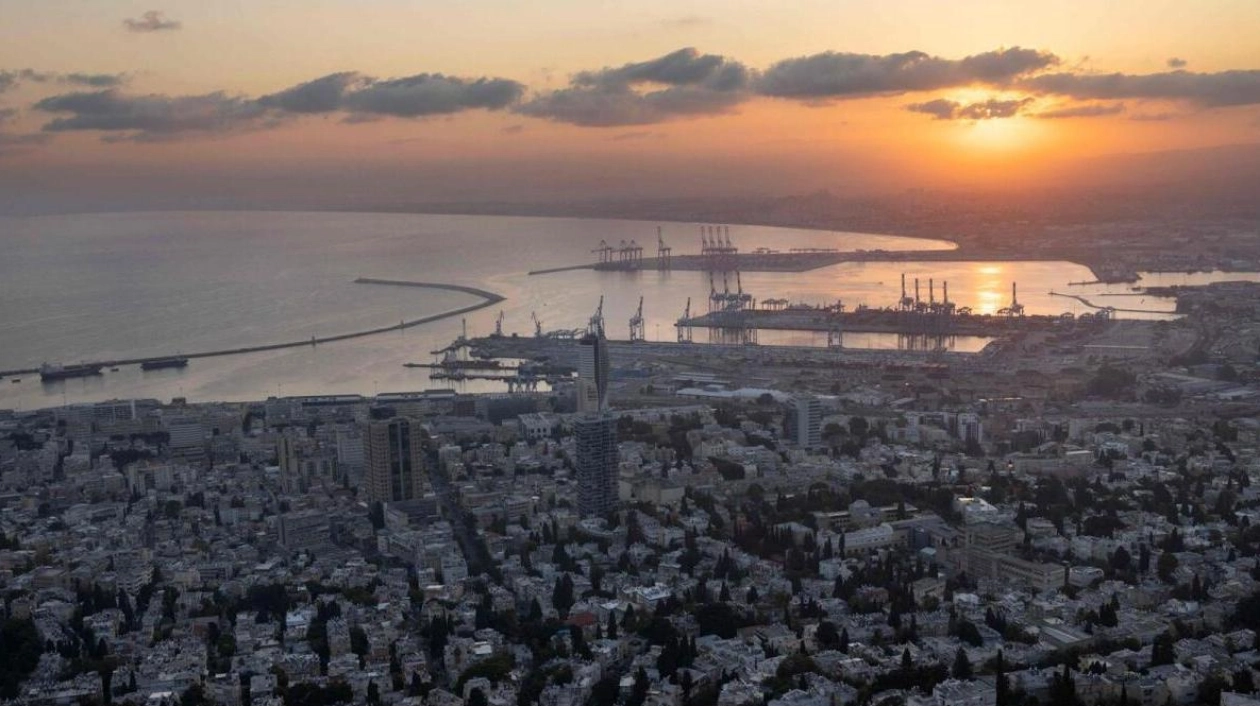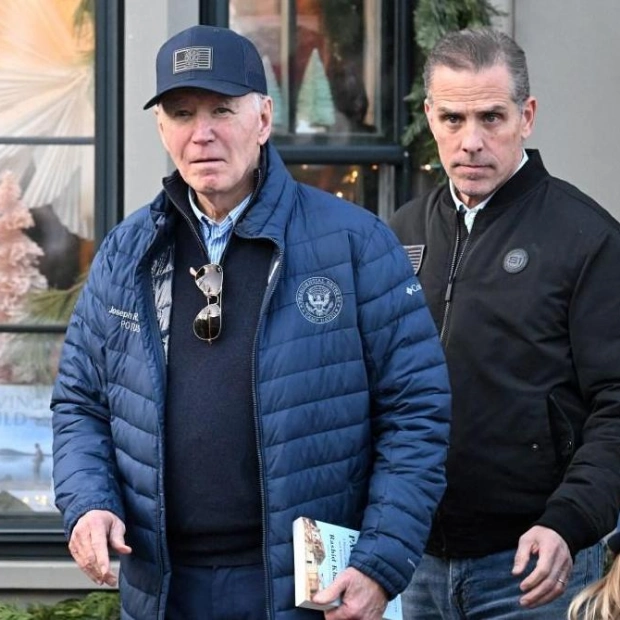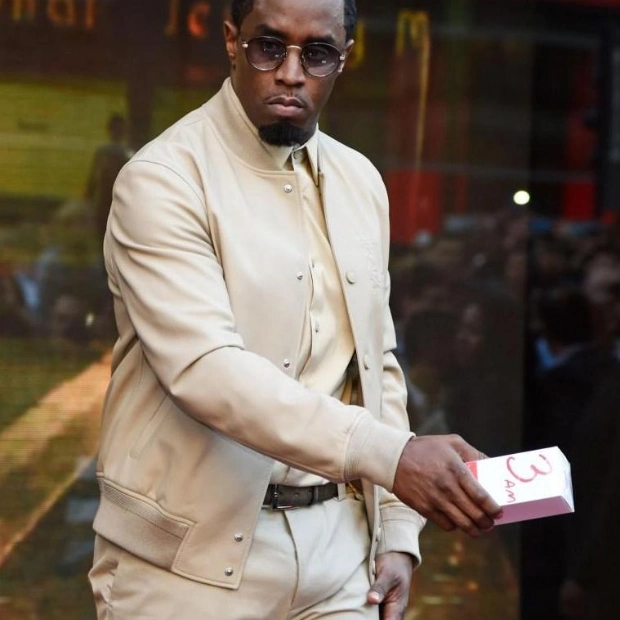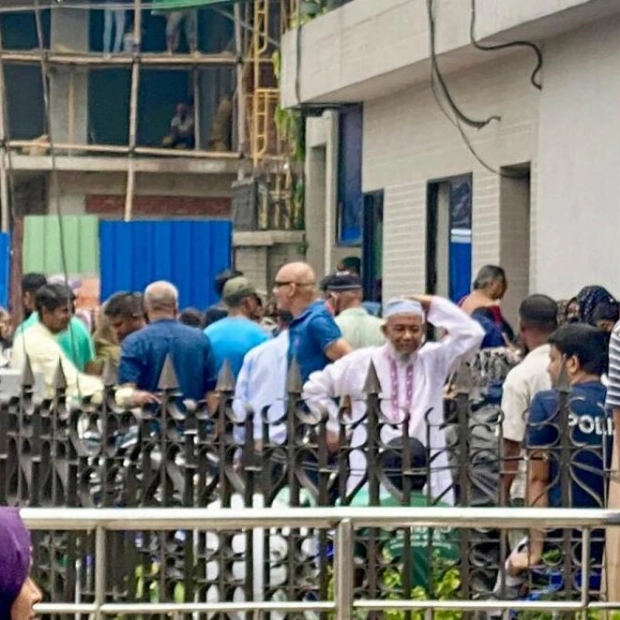Iran stated on Saturday that it anticipates Lebanon's Tehran-backed Hezbollah group to extend its strikes deeper into Israel and no longer restrict them to military targets, following the killing of Hezbollah's military commander by Israel. Hezbollah has been engaging in near-daily exchanges of fire with Israeli forces, claiming to target military positions near the border, since its Palestinian ally Hamas launched an attack on Israel on October 7, igniting conflict in Gaza. However, an Israeli strike in a densely populated residential area of South Beirut altered the situation, according to Iran's mission to the United Nations.
"We anticipate... Hezbollah to select additional targets and strike deeper in its retaliation," the mission stated, as reported by the official IRNA news agency. "Secondly, that it will not confine its retaliation to military targets." The strike on Tuesday resulted in the death of Hezbollah commander Fuad Shukr. According to Lebanon's health ministry, five civilians – three women and two children – were also killed. Israel claimed that Shukr was responsible for rocket fire that killed 12 youths in the annexed Golan Heights and had directed Hezbollah's attacks on Israel since the onset of the Gaza war.
"Hezbollah and the (Israeli) regime had adhered to certain boundaries," including restricting strikes to border areas and military targets, Iran's mission noted. The Beirut strike, however, crossed that boundary, it added. Shortly after Shukr's death, the political leader of Hamas, Ismail Haniyeh, was killed in a predawn attack on his residence in Tehran, according to Iran's Revolutionary Guards. Israel has not commented on the matter. On Thursday, Hezbollah leader Hassan Nasrallah declared that Israel and "those who support it must brace for our inevitable response" to the deaths of both Shukr and Haniyeh. Iran and Hamas have also pledged to retaliate.






